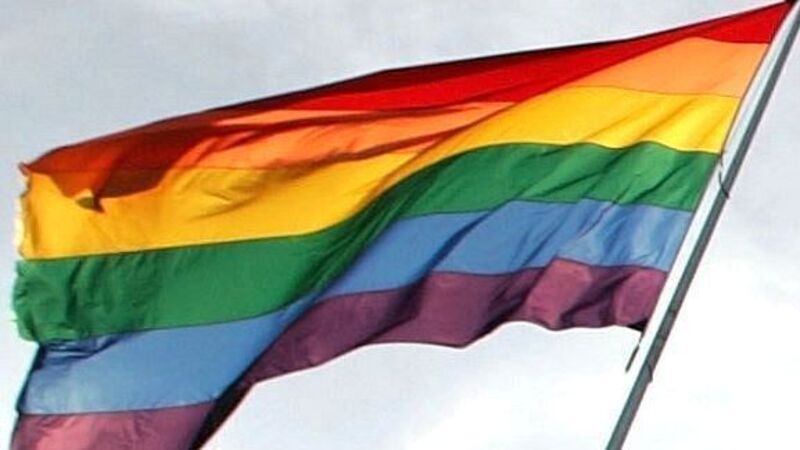US Senate overturns ban on openly gay troops

The Senate voted on Saturday to end the 17-year ban on openly gay troops, overturning the Clinton-era policy known as “don’t ask, don’t tell.”
“It’s one step in a very long process of becoming an equal rights citizen,” said Warren Arbury of Savannah, Georgia, who served in the Army for seven years, including three combat tours, before being kicked out two years ago under the policy.














